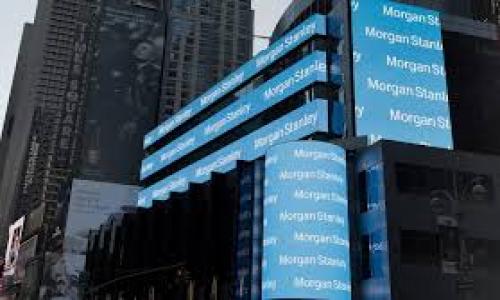You may know the financial strength of your bank and of the companies in your stock portfolio, but do you know the financial strength of your home and auto insurance company? Economic instabilities can drastically affect a marginal company, and if there’s a catastrophic event that results in multiple policy claims, the financial strength of an insurance company may impact claim payments. Although insurance companies typically purchase reinsurance (a practice where portions of risk portfolios are transferred to another company to reduce the likelihood of having to pay a large obligation), if an insurance company has a bad financial rating, this can reduce their ability to obtain reinsurance. Additionally, if an insurance company goes insolvent, reinsurance doesn’t apply. This, in turn, can reduce their ability to pay you—the policyholder—when needed.
An insurance rating system, such as that developed by A.M. Best or Standard & Poor’s, analyzes the ability of insurance companies to meet its ongoing insurance policy and contract obligations. You should use extreme caution before signing up for insurance with any company rated “B” or below. That auto insurance policy company XYZ just quoted you may be 20% cheaper than any quote received from other companies, but what will that policy be worth if you have an accident and can’t get your insurance company to pay according to your contract?
You can register for a free basic subscription account at both A.M. Best and Standard & Poor's to research your insurance company’s financial strength. It’s always a good idea to check on your insurance company’s financial strength rating at least once a year, and always check out the rating before signing up for a new policy.










Add your Comment
use your Google account
or use your BestCashCow account